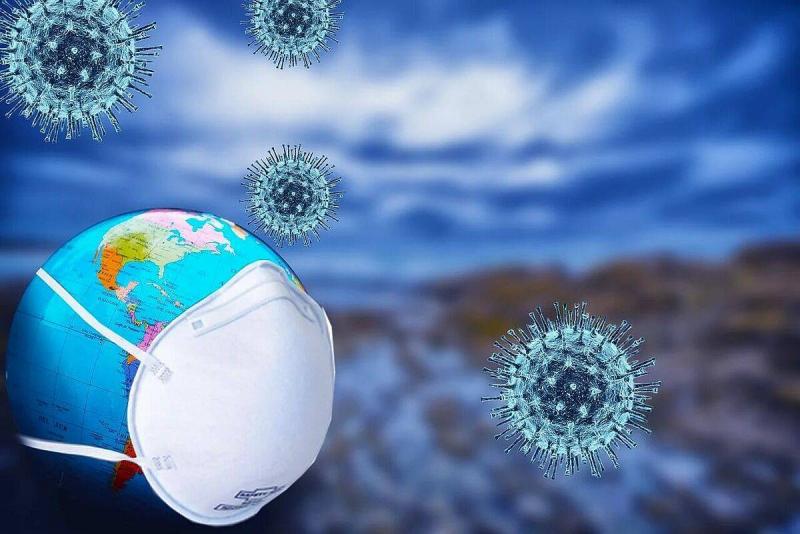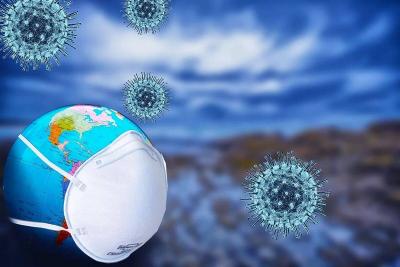A new study concludes that there is increasing evidence that disruptions in natural ecosystems due to climate change heighten the risk of infectious disease outbreaks, according to the Washington Post. Organisms that spread infections, such as mosquitoes and primates, thrive because of rising global temperatures, primarily driven by carbon emissions from fossil fuels.
When pollution, hunting, or development drive rare species to extinction, parasites proliferate as they evolve to target more abundant species. Furthermore, the damage caused by humans introducing non-native plants and animals or chemicals like herbicides and fungicides into fragile ecosystems exacerbates biodiversity loss, making surviving populations more susceptible to diseases, according to the study published Wednesday in the journal Nature.
The researchers stated that this study is the first to examine how such diverse environmental issues can amplify the risks of diseases and epidemics. The new research compiled hundreds of studies and thousands of observations on humans, other mammals, fish, reptiles, amphibians, worms, arthropods, and all types of pathogens, including viruses, bacteria, and fungi.
The study showed that a hotter world and destroyed ecosystems are more conducive to many parasites and less hospitable for humans and other life forms. Jason Rohr, a professor of biological sciences at the University of Notre Dame and one of the authors of the study, said that a correlation has emerged with all types of infections and their hosts, suggesting that as global temperatures continue to rise and humans continue to disrupt nature, increases in disease spread "will be consistent and widespread."
He added that the correlation was evident with humans, as well as with wildlife and plants. If diseases become more prevalent in the animal world, it could imply an increased chance of indirect events exposing humans to new pathogens, as seen in the COVID-19 pandemic, the study notes.
The study recommends "reducing greenhouse gas emissions, managing ecosystem health, and preventing biodiversity loss," which could "help reduce the burden of plant, animal, and human diseases, especially when coupled with improvements in the social and economic determinants of health."
Felicia Keesing, a professor at Bard College who did not participate in the study but whose research focuses on biodiversity and disease risks, stated that this research "adds to a very long list of reasons prompting us to quickly move away from fossil fuels and try to mitigate the effects of climate change."




